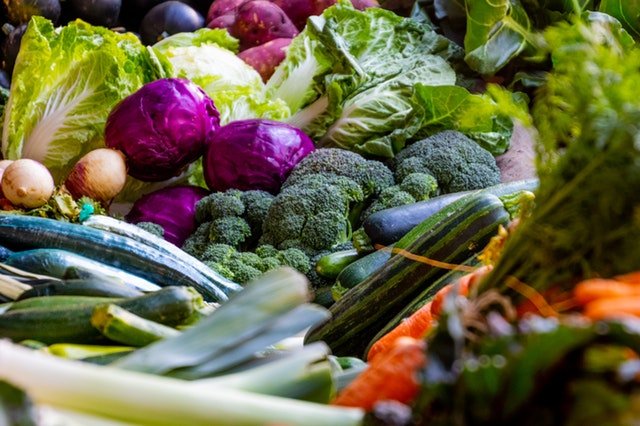
In a new study, researchers found that prescribing healthy food in Medicare or Medicaid could help save money and improve health.
They found that healthy food prescription in Medicare/ Medicaid would be highly cost-effective after five years and improve health in older people.
The research was conducted by researchers from Tufts University.
Medicare and Medicaid are the two largest healthcare programs in the U.S.
The two insurance programs together cover one in three Americans.
Previous studies have shown that having a healthy diet is important to maintain mental and physical health.
However, many healthy foods are expensive for people with low-income.
In the current study, the team examined whether the coverage of healthy food purchase in Medicare or Medicaid would bring economic and health benefits.
For example, if 30% of the cost of healthy food in supermarkets and grocery stores were covered by Medicare and Medicaid, would people save money and have better health?
The examined two scenarios. In one scenario, 30% of the cost of fruit and vegetable purchases were covered by health insurance.
In the other scenario, health insurance covered 30% of purchases of fruits, vegetables, whole grains, nuts/seeds, seafood, and plant-based oils.
They found that encouraging people to eat healthy foods in Medicare and Medicaid could be more cost-effective as other strategies to control high blood pressure and high cholesterol.
The first scenario could help prevent 1.93 million heart disease cases in 5 years and the second scenario could help prevent 3.28 million heart disease cases and 120,000 diabetes cases.
Both programs could reduce the use of healthcare, with savings of $39.7 billion and $100.2 billion, respectively.
The findings suggest that both programs can be very cost-effective and beneficial. They also support the idea that food is medicine and a healthy diet should be used for disease prevention.
The researchers hope their findings could provide valuable information for designing and evaluating incentive programs in the future.
One author of the study is Yujin Lee, Ph.D., a postdoctoral fellow at the Friedman School of Nutrition Science and Policy at Tufts.
The study is published in PLOS Medicine.
Copyright © 2019 Knowridge Science Report. All rights reserved.



